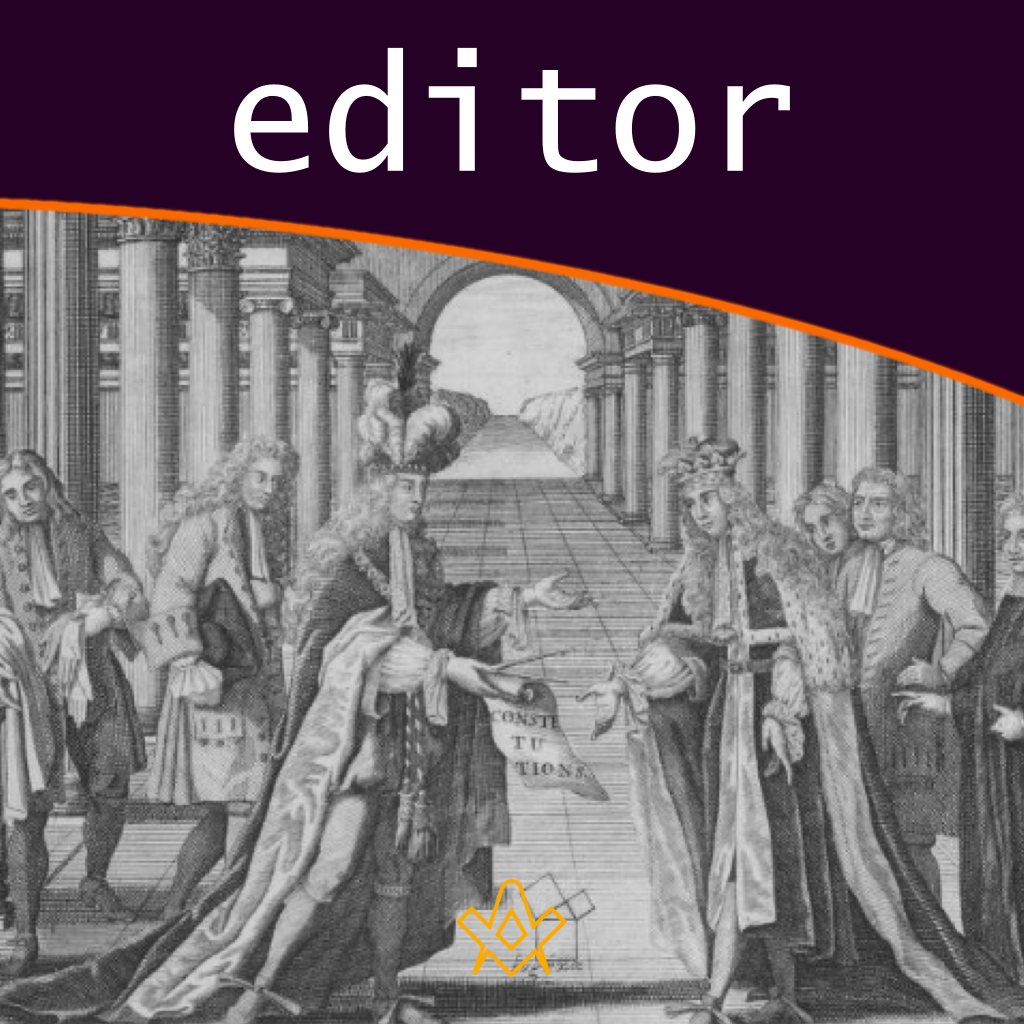Welcome to the February 2023 issue of The Square
This month sees the start of a year-long celebration of – and for – Freemasonry. Does the year 1723 ring any bells?
This year marks the three hundredth anniversary of the publication of the first printed Book of Constitutions of the Grand Lodge formally established in London two years previously. This is an anniversary of which the significance extends beyond Freemasonry.
“The Constitutions of the Freemasons, published in 1723 on behalf of a young Grand Lodge of England contained key philosophical principles to which Freemasons were expected to adhere: religious tolerance, constitutional government, civic responsibility, meritocracy, education, courtesy and benevolence.
They were accompanied by General Regulations, which set out an administrative structure for Freemasonry that contained radical principles, including the election of Lodge officers, with every member wielding one vote, and democratic accountability….the Constitutions were based on Enlightenment principles that provide the philosophical foundations of modern Freemasonry.”
– United Grand Lodge of England
Constitutions are at the heart of any country or organisation, and the publication of the 1723 Book of Constitutions defined Freemasonry. As the first dedicated rulebook for the fraternity and its members, it was a structure which influenced many other clubs and societies worldwide.
Those Constitutions – our Regulations – have survived for 300 years. That in itself is something to celebrate and be proud of – many social and political Constitutions are short-lived – and so with a full year of events in honour of this remarkable work, there is something for everyone to enjoy and learn about the tenacious beating heart of Freemasonry.

We will of course be keeping you abreast of all the events throughout 2023 in various articles and features, but to whet your appetite the starting point for understanding this historic anniversary is the 1723 microsite, which can be viewed here:
www.1723constitutions.com
A year-long exhibition at the Museum of Freemasonry will be accompanied by events in the Provinces and international events. Visit the museum website for more information on the exhibition:
https://museumfreemasonry.org.uk/
There will be podcasts, talks, lectures, and a dedicated QCCC Conference ‘Inventing the Future’: the 1723 Constitutions’ to be held in Cambridge, UK, in September
https://www.quatuorcoronati.com/cambridge-conference-sept-2023/
Dr Ric Berman will be giving a number of provincial and regional talks on the context and importance of the constitutions, and his book ‘Inventing the Future’ is available now.
https://shopatfmh.com/inventing-the-future-by-ric-berman/
And for now, if you fancy getting a ‘1723’ souvenir there is some superb merchandise available from the Shop at Freemasons’ Hall. I have to say that I have my eye on the ‘1723 Gin’! Check out BoC magnets, tote bags, and even a jigsaw here:
https://shopatfmh.com/1723-constitutions-tercentenary/
This month’s Editor picks:
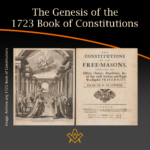
The Genesis of the 1723 Book of Constitutions – The 1723 Constitutions are among the most celebrated Masonic publications and the name of its author, James Anderson, is well known, yet there has been little discussion of the circumstances of the compilation and publication of the 1723 Constitutions. Eminent Masonic historian Andrew Prescott examines the circumstances surrounding the creation of this vital text.
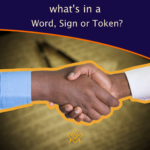
What’s in a Word, Sign or Token? – As Freemasons we know and understand the passwords, signs and tokens (including grips), which are all used a mode of recognition between members of the fraternity, but where do they originate?
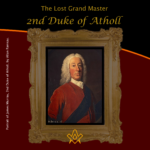
The Lost Grand Master – But who was he? Kenneth Jack’s research reveals James Murray, 2nd Duke of Atholl as the ‘lost Grand Master’.
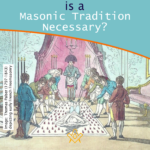
Is a Masonic Tradition Necessary? – Dealing with Masonic tradition is a complex subject that requires careful analysis in order to reach a balanced point on the best etymological definition and the set of discourses and practices, which often end up being presented as such, without, however, presenting bases that support them, often serving only as a discourse that restricts and controls the masses. Fernando Rodrigues de Souza debates this complex subject.
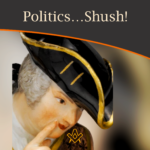
Politics…Shush! – Paul Gardner looks to a time when politics and Masonry were not precluded, but shush! This was London Masons and the Spitalfields Act of 1773-1865.
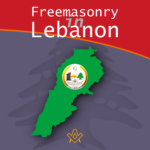
Freemasonry in Lebanon – Dr Walid Abou Dehn 33°, Grand Master of the Grand Orient of Lebanon, explores how Lebanese Freemasonry has been both witness to and sometimes participants in turbulent events and forces, which shaped and influenced their world.
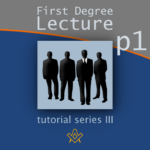
The First Degree Lecture – P1: William Preston (1742 – 1818) gives his lectures in the form of a Catechism – questions and answers – and broken down into seven bite size chunks. This article is the first of the seven part series presented by Steve Goulding.
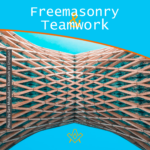
Freemasonry and Teamwork – A concept that is both based on our Freemasonic rituals and what we understand as teamwork. This article by Chris Batty examines why teamwork in the lodge is the network that binds us.
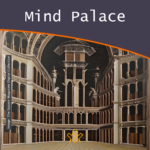
The Mind Palace – How would your life change if you could remember anything and everything?
A “mind palace”, also known as a “memory palace”, is a technique for memorising and recalling information. Discover the ‘Mind Palace’ and all will be revealed.
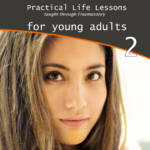
Practical Life Lessons Taught Through Freemasonry P2 – we continue this new series of articles offering a guide to practical life lessons taught through Freemasonry for young adults setting out in life after full time education. Lesson 2: How to manage your finances and budget your money.
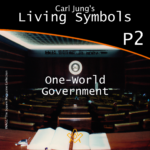
Carl Jung’s Living Symbols P2 – These symbols are the key to organic One-World Freemasonic Government; i.e., The Grand Mystery of operative Freemasonic Labour is that generic Freemasonry is embedded with the DNA archetype for One-World Self-Governance – an insightful series by Professor Stephen Schafer.
As always, we also have the usual features of podcasts, blogs, old books, new books, reviews of books, and a whole host of Masonic knowledge to keep you busy with your ‘daily advancement’.
We hope you enjoy this month’s issue. If you do – or if you don’t – drop me a line at editor@thesquaremagazine.com
Until next time, stay safe and well.

Article by: Philippa Lee. Editor

Philippa Lee (writes as Philippa Faulks) is the author of eight books, an editor and researcher.
Philippa was initiated into the Honourable Fraternity of Ancient Freemasons (HFAF) in 2014.
Her specialism is ancient Egypt, Freemasonry, comparative religions and social history. She has several books in progress on the subject of ancient and modern Egypt. Selection of Books Online at Amazon
